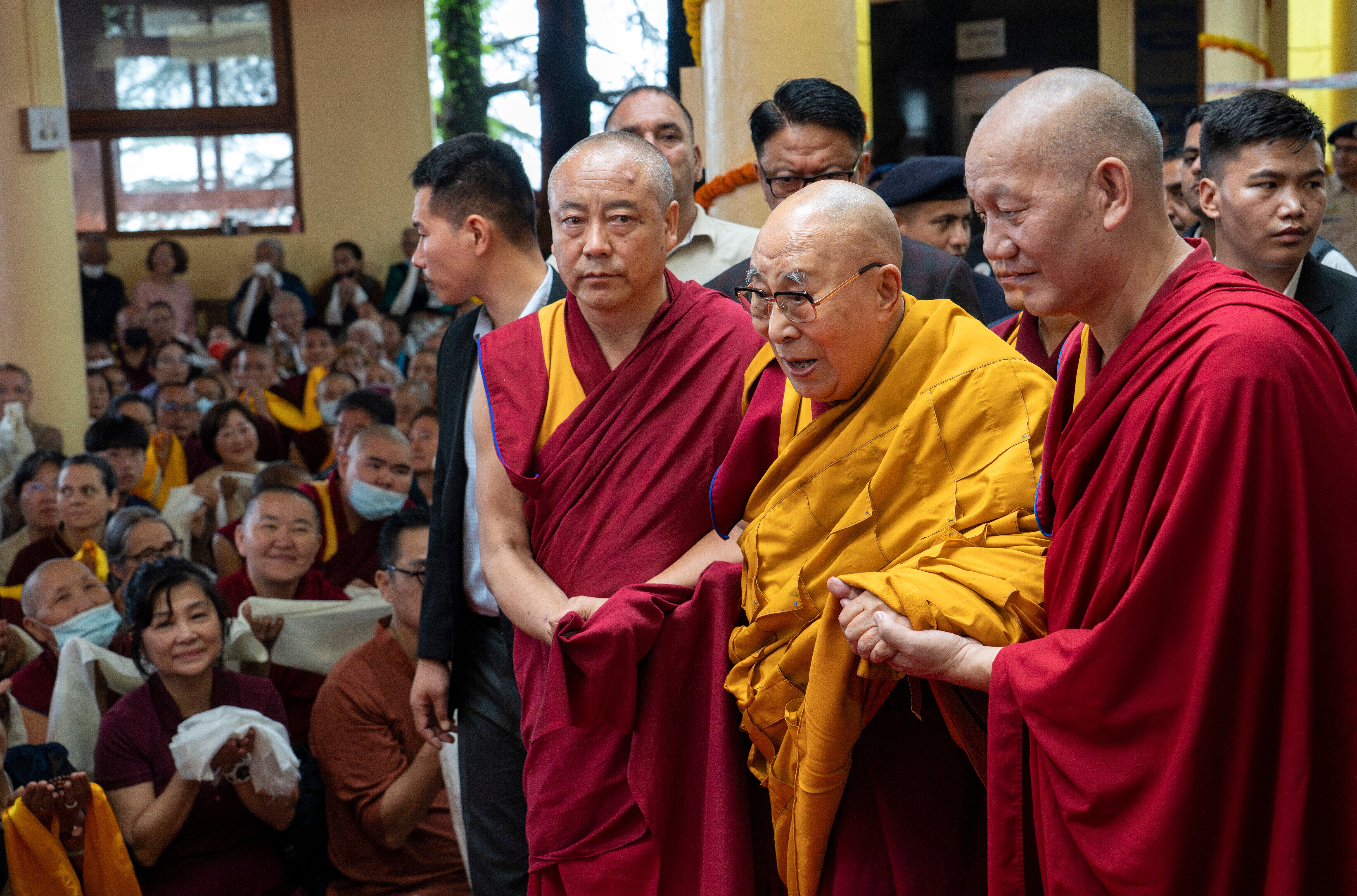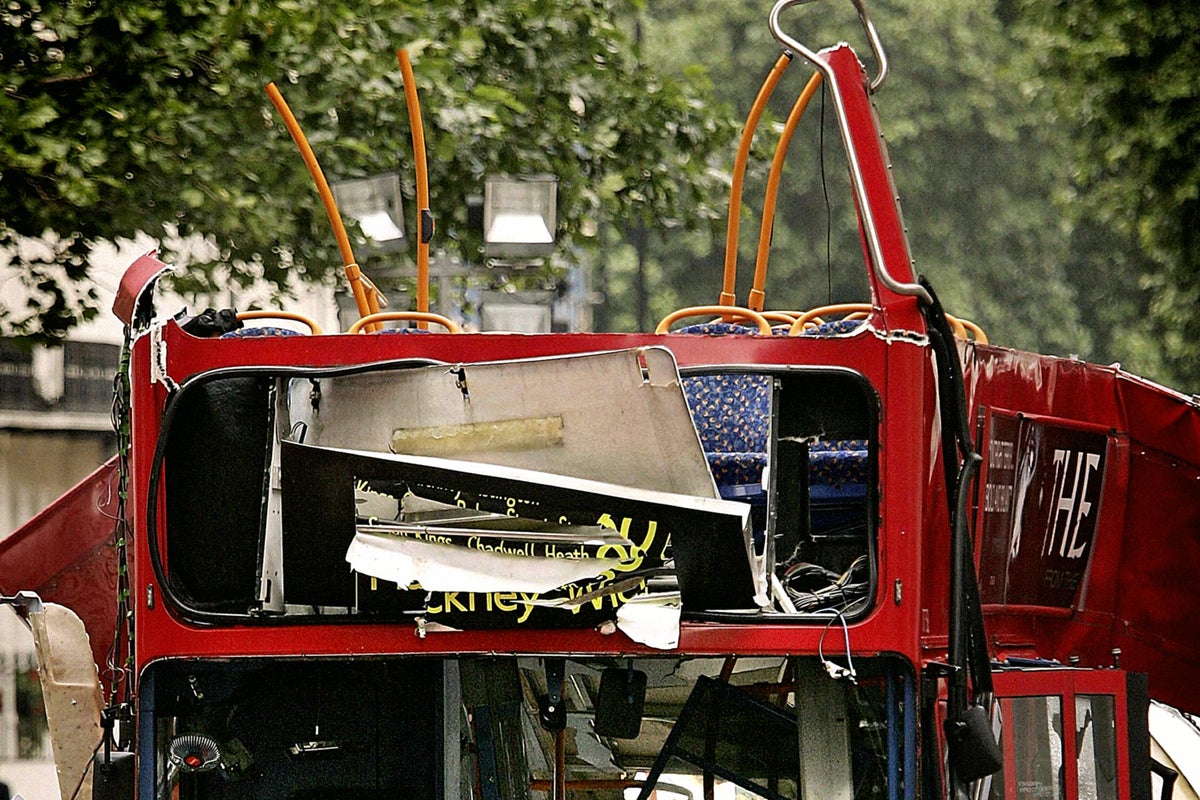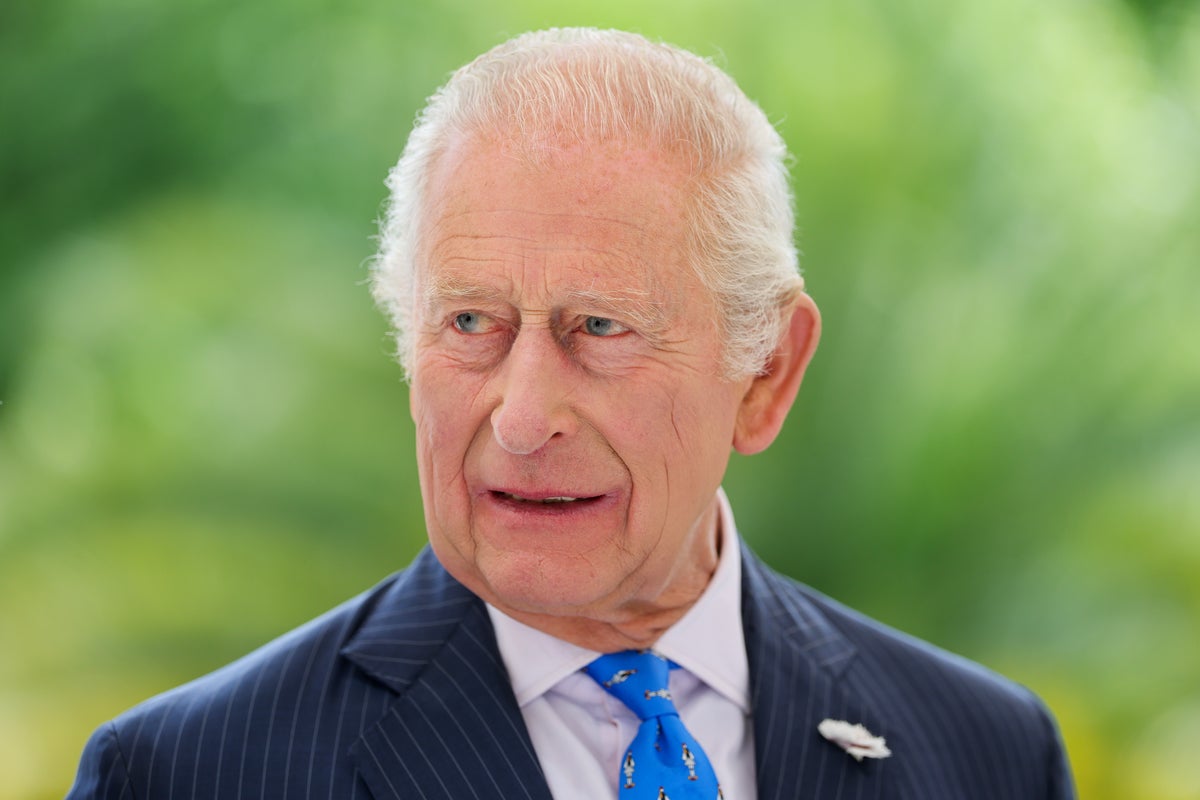For millions of Tibetan Buddhists, the Dalai Lama is a symbol of resistance. For Chinese dictator Xi Jinping, he is simply another annoyance, along with the rebels in Taiwan and the democracy campaigners in Hong Kong, whose defiance must – and will – be dealt with.
We know that Xi, the most powerful and ruthless Chinese leader in a generation, has little time for religion unless it’s the carefully curated cult of Xi himself. Organised religion is a threat to his authority, and his vision, for China and the world.
The 14th Dalai Lama, an exiled Tibetan with huge influence over a territory that China regards as its own, is a particular irritant. Even worse, in Xi’s eyes, the religious leader, a Nobel Peace Laureate with global status, campaigns for human rights, the area in which China is most vulnerable to criticism.
This week, just days ahead of his 90th birthday, the Dalai Lama assured followers that he would, after his death, be reincarnated as the next spiritual leader of Tibetan Buddhism and spelt out a succession process that sets up a renewed clash with Beijing.
The communist superpower wants to choose its own, more politically malleable successor. Xi would love to turn Tibet’s greatest symbol of resistance into a tool of state authority.
In March 2025, the Dalai Lama declared that his successor “will be born in the free world”. This was his riposte to the 2023 ruling by the Chinese Communist Party (CCP) asserting that the reincarnation of the “Dalai Lamas and Panchen Lamas [the second most senior Tibetan spiritual figures], must be looked for within the country… and receive approval from the central government”.
China had already given Tibetan Buddhists good reason to appoint religious leaders outside of China and Tibet, and away from the tendrils of CCP. In 1995, Beijing selected Gyaltsen Norbu as the 11th Panchen Lama, just days after the Dalai Lama’s own choice – a six-year-old boy, Gendun Choki Nyima, was, along with his parents, disappeared by the authorities. They have not been seen to this day.

The Dalai Lama has friends in powerful places. He is revered by tens of thousands in and around his home in exile in Dharamshala, northern India. What would happen if his successor were born there? In the US, the Tibetan Policy and Support Act, signed by President Donald Trump during his first term, threatens reprisals against Beijing should it interfere in the Dalai Lama’s succession process.
But China, especially the China of Xi Jinping, will not let up. Xi’s destruction of democracy in Hong Kong and his use of concentration camps to crush the culture of the Uyghurs and others in northwest China indicate his determination to obliterate inconvenient spirituality.
Beijing’s strong-arm tactics against the Catholic Church in China show that even powerful global religions are not safe. In 2018, the Vatican made a secret pact with China that allows Beijing to appoint bishops for government-approved houses of worship. Cardinal Joseph Zen, the former archbishop of Hong Kong, accused the Holy See of “an incredible betrayal”.
Like the papacy and other absolute religious monarchies that rest on opaque rituals and remain immune from scrutiny, the office of the Dalai Lama can undermine itself. Remember the unsavoury incident of the young boy and the “tongue-sucking”? Who, other than a revered religious leader could have survived that?
And the selection of a new Dalai Lama is, by its nature, mystical. The 14th Dalai Lama was chosen at the age of two by a search party of Tibetan monks in northwest China, when the toddler was said to have identified the belongings of his predecessor.
The Chosen One’s legitimacy might be strengthened, however, if a degree of formality were added to the process. Some have advocated the creation of a council, with representatives from the four major schools of Tibetan Buddhism, to ensure the implementation of the Dalai Lama’s written instructions on succession.
But, for all its eccentricities, the tradition of the Dalai Lama and Tibetan Buddhism, is an important example of cultural freedom.
Tianxia (literally: “all under heaven”) was the system of inter-state relations governing Asia in ancient times. China, as the then centre of the civilised world and the apex of culture, governed by a sage empire, supposedly spread wisdom and material benefits to all mankind. Some think Xi’s ultimate goal is to have a modern version of Tianxia established globally by 2050.
If the Dalai Lama falls, and Xi is able to brush off US and world criticism, he might be on his way to achieving it.


